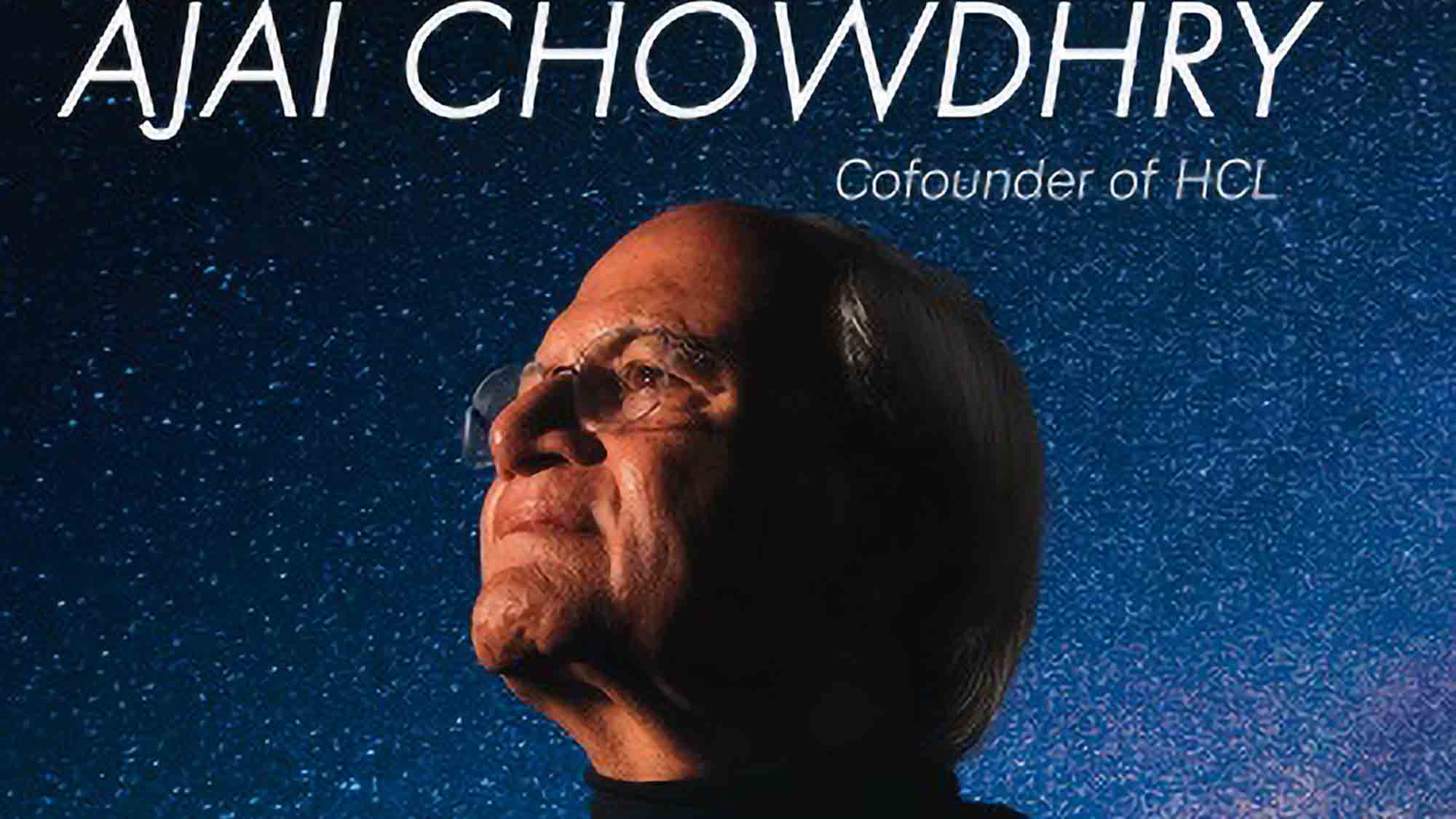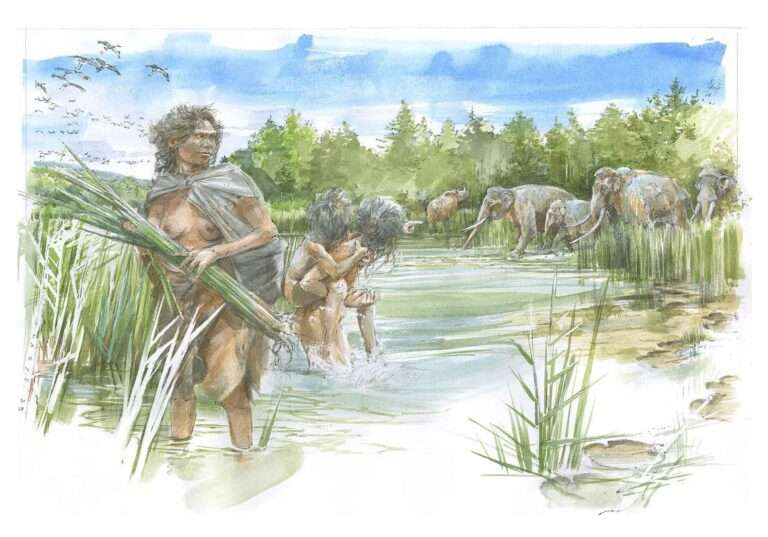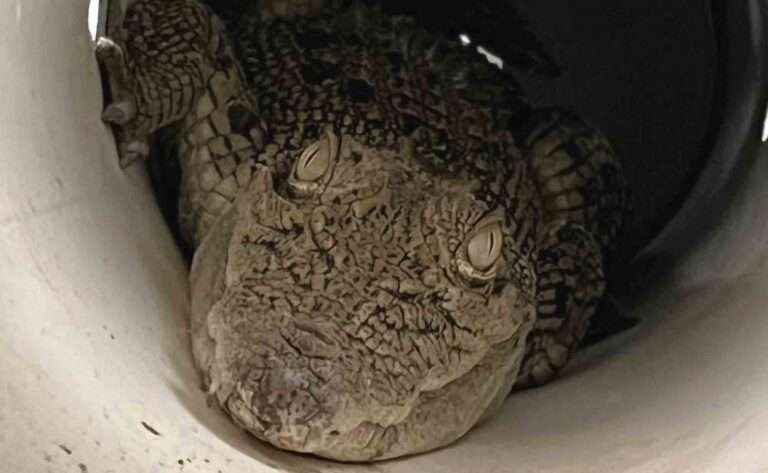By Shantanu Guharay
Ajai Chowdhry, father of India’s electronic hardware and mobile telephony, has a habit of surprising his guests.
At a conference in the Indian Capital, he remarked India’s electronics import bill had long ago surpassed the nation’s oil import bill. Those in the audience were stunned. They did not disbelieve Chowdhry who knew the importance of electronics over oil.
For the record, India’s oil import bill in December 2022 stood at $11.2 billion as against a whopping $56 billion electronics import bill during the same period.
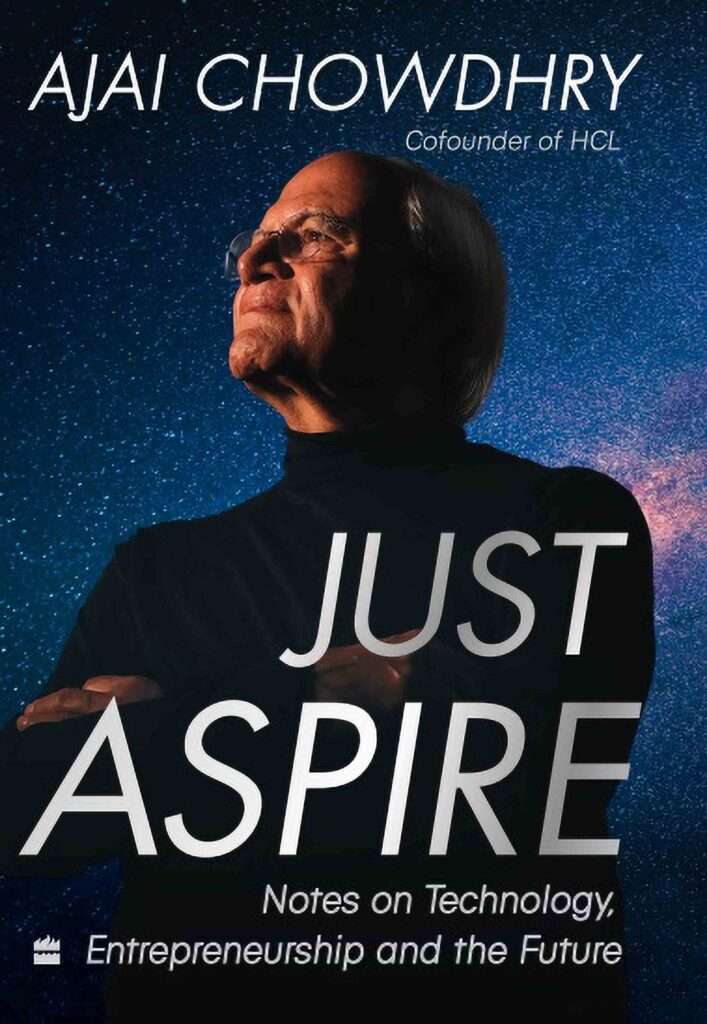
For the records, an average Indian still believes the nation’s oil import bill is the highest and nothing can surpass the budget.
Chowdhry’s book, Just Aspire, from Harpers Business explains his vision and his meteoric rise from Jabalpur, the silent town on the banks of the Narmada river in central Madhya Pradesh state. Chowdhry’s book, written with help from seasoned journalist Bhavdeep Kang, is basically a compilation of conversations he had with his grandson; the latter very keen to hear Chowdhry’s experiences.
Expectedly, Chowdhry starts from Jabalpur, where he grew up and went to Christ Church school and had a great time. His English teacher regaled the class with his superb narration of the movie The Horror of Dracula, the 1958 movie based on Bram Stoker’s 1897 novel of the same name.
In the very chapter on Jabalpur, Chowdhry wrote he was called handsome with no smile by a beautiful teacher.
It seemed to me Chowdhry and his friends had a huge crush on her. Since then, Chowdhry smiled every time the teacher was in the vicinity.
And then the book, slowly yet steadily, turns serious and explains why Chowdhry and a handful were India’s finest techno dreamers.
It all happened in 1976, India was already under a state of emergency. Chowdhry quit his job in DCM and along with Shiv Nadar, Arjun Malhotra, Yogesh Vaidya, Subhas Arora and DS Puri, headed into what he called the unchartered waters of entrepreneurship.
The magnificent six were founders of HCL, a classic rag to riches story of six dream merchants.
I read Chowdhry’s speech to a London audience where he said his parents pushed him for a career in civil service, considered one of the most prestigious careers one could go into.
“From a young age, I remember my parents and teachers pushing me towards it as the career choice. This was not in a controlling sense, but because they wanted the best for me and a job in the Indian public sector was just that: one of the most highly respected across society. Like a typical youngster I decided against my parents’ advice and instead embarked on a career as an entrepreneur.”
HCL made everyone sit up and take notice. I loved the way Chowdhry narrated his dream in Singapore where he set up the Lion City’s first electronics factory to manufacture 8C computers, to be sold under the brand name Abacus.
See the passion, read what he writes in the chapter, Window To The World: “We began selling from the get-go. Rain or shine – and it was mainly rain – we were out on the road, selling. Gaining a foothold in Singapore was by no means easy, India had yet to make its presence felt internationally in the IT sector.
“The software boom was still a couple of decades in the future. So, customers, particularly government agencies, were surprised and even skeptical to hear of an Indian company at the cutting edge of technology- designing and manufacturing state-of-the-art hardware.
“The typical Indian, in their general perception, was the guy who ran the corner shop.”
Not only Chowdhry shape HCL, he shaped the image of India abroad. It is a big thing.
The genial Chowdhry writes in the book about lessons learnt from Singapore. And the most important of all was the concept of face. “Etiquette demanded that you spoke softly, appeared humble and did not directly contradict the client.” And it is this spirit that took HCL to the skies, ensuring the company’s success across the globe.
Back home, Chowdhry lists his meeting with Narasimhaiah Seshagiri, the founder-director of the National Informatics Centre (NIC) and the father of India’s IT revolution, as one of the turning moments of his life.
Chowdhry had asked Seshagiri why he was looking only at software, and not at hardware.
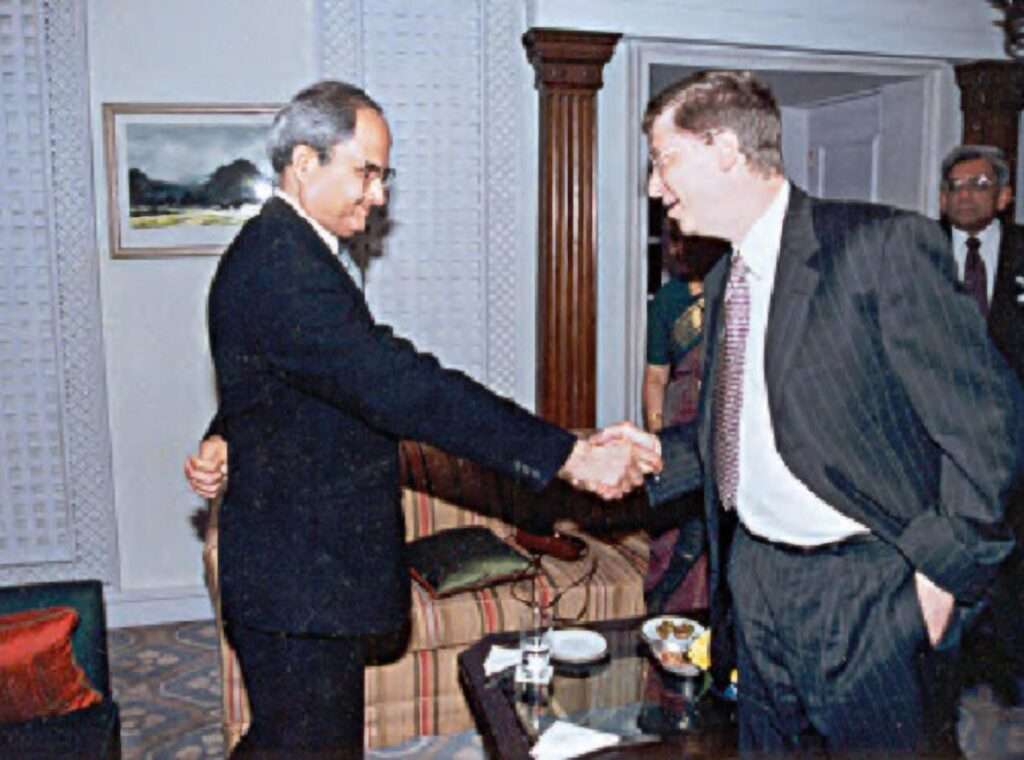
Rest is history as Chowdhry flew to Bangalore – not Bengaluru then – for a presentation before members of the National Task Force on IT and Software Development.
“My pitch went down well with the task force, which decided to constitute a separate team on hardware headed by Seshagiri. I was a member of his team. From that point on, I became a resource person on hardware policy.”
Readers need to read and tread the words very carefully, ostensibly because this was the turning point of India’s electronics hardware revolution and this, in turn, made Chowdhry the Big Boss of electronics hardware in India.
And then, it was Chowdhry, who – actually – revolutionised the mobile telephony business in India. It was a crucial deal Chowdhry cracked and pushed Nokia to change their pricing model. He asked Nokia to reduce prices of its handsets from Rs 16,000 to 9900 and that he could guarantee the numbers. Three weeks later, Nokia returned the call and said it was on board.
Chowdhry’s team knew the market and the rivals and met the targets, exceeding it by a mile. The team had a daily target, fondly called the ODI model of sales. Soon, Nokia was a household name in India. The rivals were shell-shocked.
Brilliantly scripted, Just Aspire, is all about the dreams and mind of Chowdhry and the way he worked with his team members, both in India and abroad.
He is still actively and part of the IT ministry-constituted advisory panel of experts that will steer objectives and provide guidance on India’s semiconductor program.
He feels India’s manufacturing push, backed by favourable policies, is timely and positions India strongly to grab a massive opportunity in the electronics hardware space amid Covid-induced supply chain disruptions and global trust deficit about China.
Anecdotal to the hilt, the book has countless stories that will make many proud as an Indian.
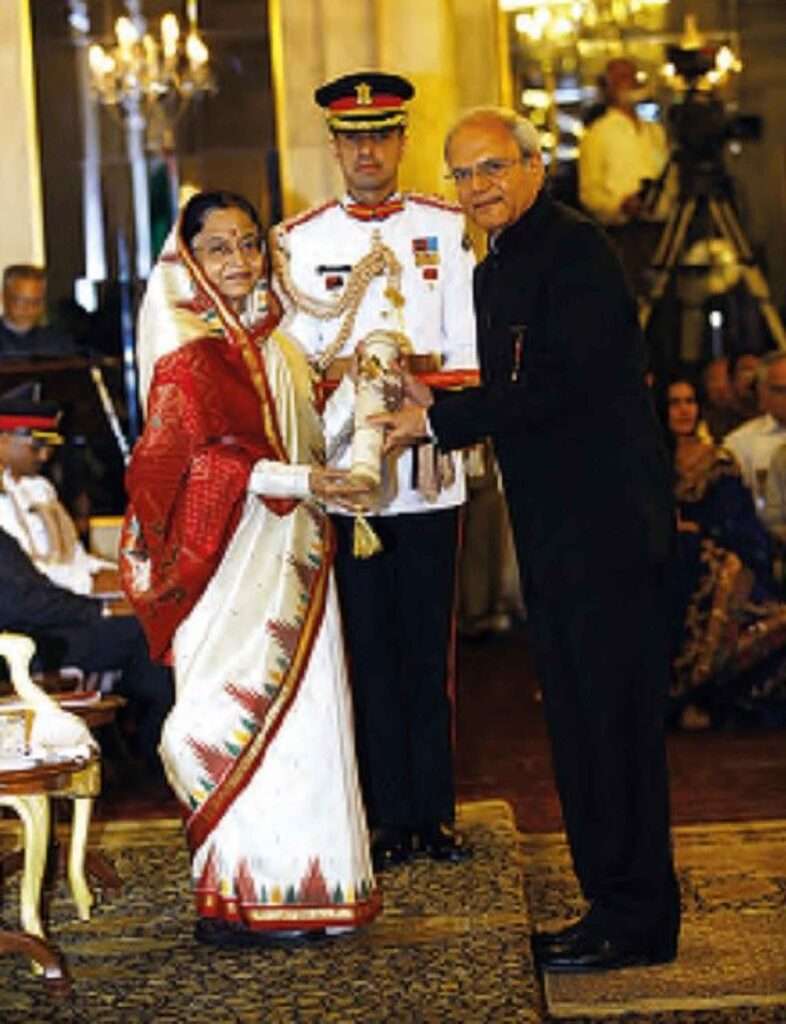
I have a feeling Chowdhry is a complete nationalist who keeps the nation above anything else.
In a chapter where he mentions his meetings with Bill Gates, he writes: “Isaac Newton famously wrote he was able to see further because he stood on the shoulders of giants. In other words, progress is predicated on insights gained from pathfinders, and it is important to acknowledge their contributions.”
Lovely lines that sum up Chowdhry’s mind, and his thinking process.
The Ananova page is created by and dedicated to professional, independent freelance journalists. It is a place for us to showcase our work. When our news is sold to our media partners, we will include the link here.

